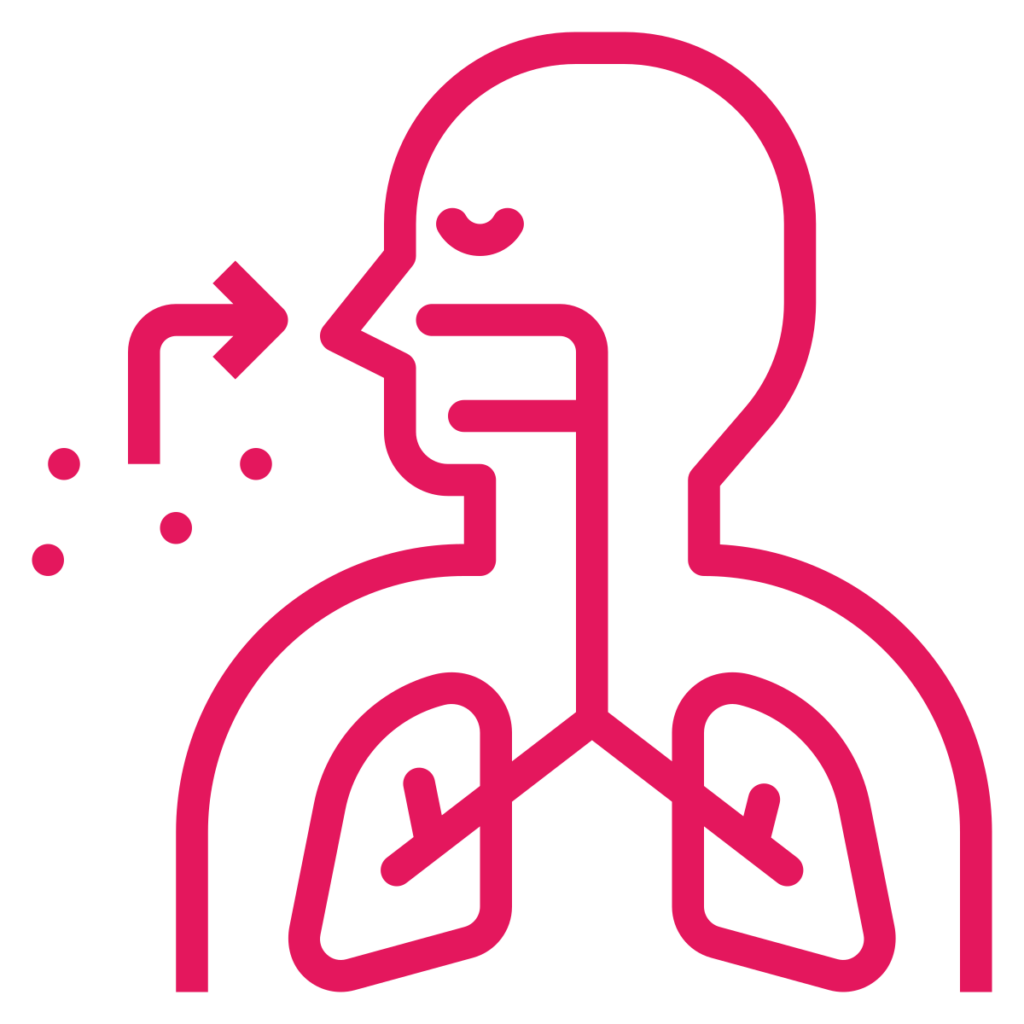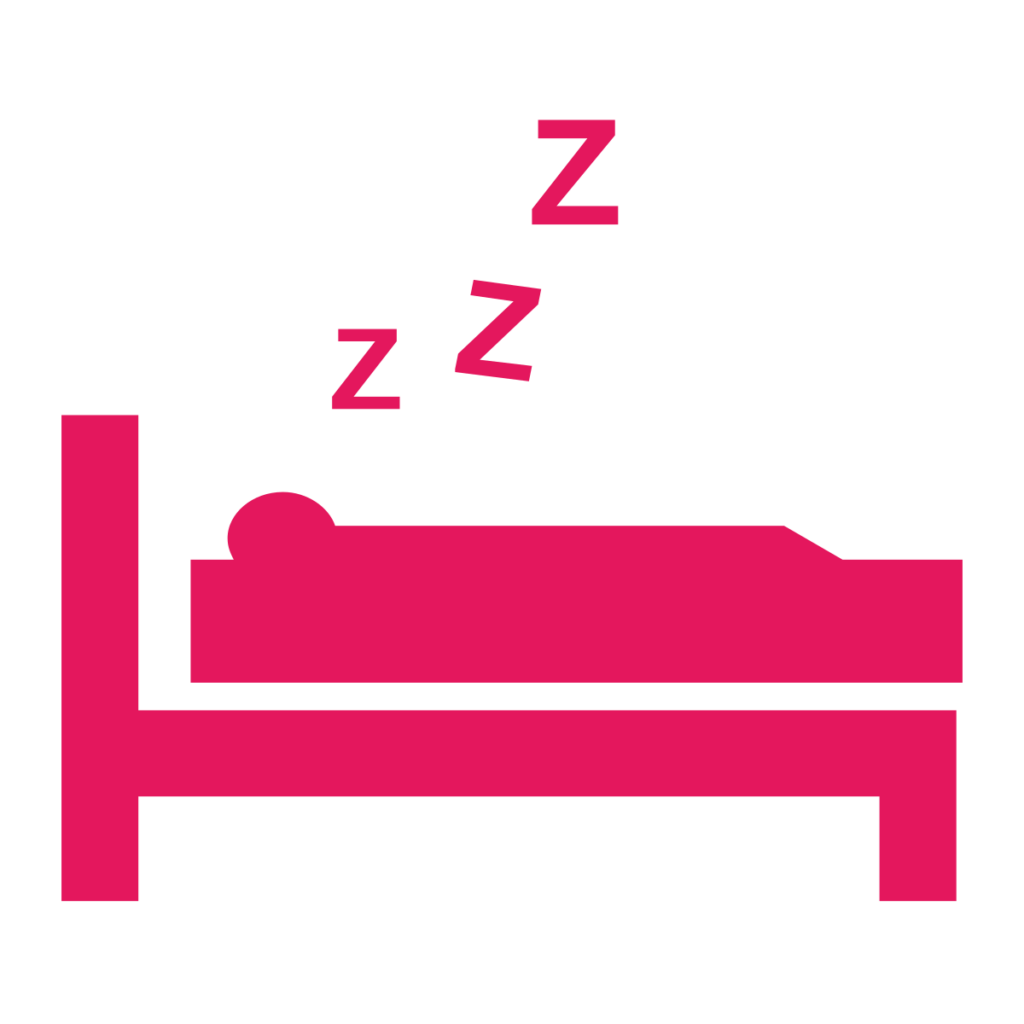How my workplace worked for me when I experienced Anxiety
In our blog series for Mental Health Awareness Week that focuses on experiences of anxiety, we have a personal account from an anonymous member of the Picker team on how workplace support helped them face and overcome anxiety, triggered by personal circumstance…

Anxiety can be experienced for many reasons and on a sliding scale: it is all relative and subjective. Issues or concerns around health, finances, work, or family and relationships can impact our mental or physical health and our overall wellbeing. Much of my experience with anxiety, which was triggered by situational challenges and health issues, happened during my time at Picker. Without their support, the outcome of my mental health might have been significantly different…
My experience with anxiety
The first time I experienced anxiety to the point that it began interfering with my everyday living was a culmination of facing many big life events in quick succession, such as infertility treatment, subsequently becoming a mum, the breakdown of my relationship, and moving house. These events can easily become overwhelming on their own, but put together I was in an anxiety whirlpool.
I experienced it becoming exceedingly difficult to retain information and found myself battling thoughts that were randomly, but constantly, pinging in and out of my mind. I knew then that something had to give. Eventually, I chatted with my GP and my line manager, who were very understanding and supportive. I completed a course of counselling and briefly also tried some medication, both of which were, thankfully, effective.
The second time anxiety reappeared in my life; I had had a major health scare that really shook me. As a result of my health concern, I could not drive for a while. Once again, Picker was great. They let me work from home, which was unusual pre-pandemic, and gave me access to an external occupational therapist to check in with. I sought counselling once more but for health reasons, I was unable to take medication this time. The wait for tests and appointments was hard but I received a lot of support internally – from senior staff members, colleagues, and friends alike. People were kind, as they invariably are at Picker and, crucially, no one treated me any differently or as if I were somehow less; on either a work or personal level. I realised it didn’t have to take over me.
My tips on managing anxiety and practicing self-care
There are many techniques and treatments which are designed to help with anxiety, such as talking therapies, including Cognitive Behavioral Therapy (CBT), medication, meditation, mindfulness, and self-care. Sometimes I found that it can be something as simple as laughing which makes you feel like yourself again. I have very fond memories of a conversation where my work pod devised various hair-brained schemes for how I might get into work, including canoeing, a Segway, and a vespa. If you’ve ever met me, you’ll be aware that none of these are viable options, but it was such a relief to just laugh and be silly.
There is no one size fits solution or technique for managing anxiety. It’s a personal journey to understanding what engages you, but here are a few of the things that helped me…

Reaching out
Whether that’s to work, your GP, a trusted friend, relative or a service/charity like the Samaritans or Mind.

Breathe
Relaxation techniques, such as autogenic training and breathwork, can be helpful and mindful. I also found CBT mindfulness to be particularly useful.

Catching some zzz
Prioritising a good night’s sleep, particularly during stressful periods of life, is vital. I use audiobooks and apps like Headspace to help quieten my mind and switch off.

Hobbies
Taking time to do an activity that you enjoy such as reading, listening to music, knitting, or gardening is an enormous part of self-care.

Outside activity
We know that exercise is good for our mental health, but there is also increasing evidence for being outside in nature and greenery having a positive impact.

Keep connected.
Harnessing a support network by maintaining connections with friends and family is important as is offering it back.
The Importance of workplace support in managing mental health.
As an employee, knowing that you won’t be penalised for needing additional support, whether on either a short- or long-term basis, is important. It’s inevitable that most of us will be affected by situational and/or health struggles that will impact work. Our mental health can affect our capacity to function and deliver to our full capabilities, so it is crucial that employers prioritise health and wellbeing by creating a space where employees feel safe to raise issues. Of course, it is up to individuals to take responsibility for their own mental health, but that is a lot easier to do in a supportive environment. This helps mental health become an open conversation that people are willing to engage in. Having an approachable line manager and colleagues enables this even further.
Businesses need to run, and this must be considered, but being flexible as an employer and demonstrating empathy is an arguably important factor in the success of any organisation. When people feel valued as people first and recognised as individuals, they are more likely to make good decisions and take ownership of their mental health, which will, in turn, help their working lives. Inclusive, person-centered organisational values and culture when coupled with comprehensive health and wellbeing programmes, initiatives, and support signposting is a recipe designed to keep your workforce happy, healthy and performing at their best.
I feel very lucky to have had the level of support and understanding from Picker, I know some might not have such a positive experience when reaching out. To those people I say, please keep trying, because you will find someone who will help or signpost you to someone who can. With every mental health conversation we bring into the open we are a step closer to ensuring no one misses out on the support they need and deserve.
For more information on the topics discussed in this blog, please check out:
https://www.calmclinic.com/anxiety/stop-anxiety-quickly

